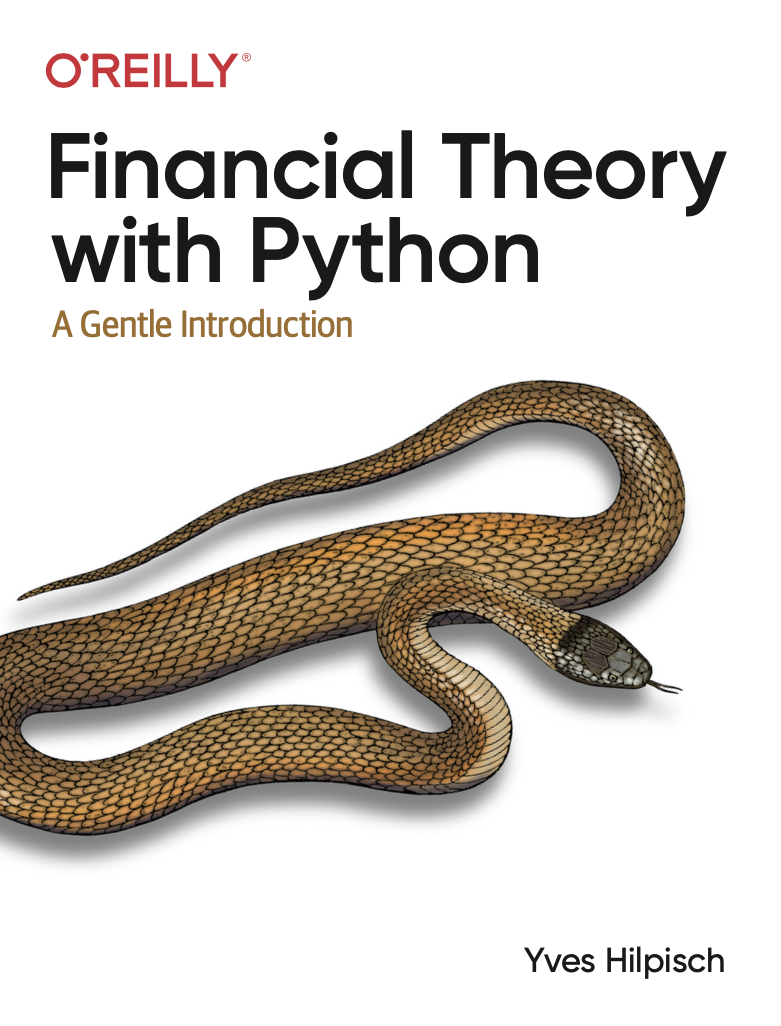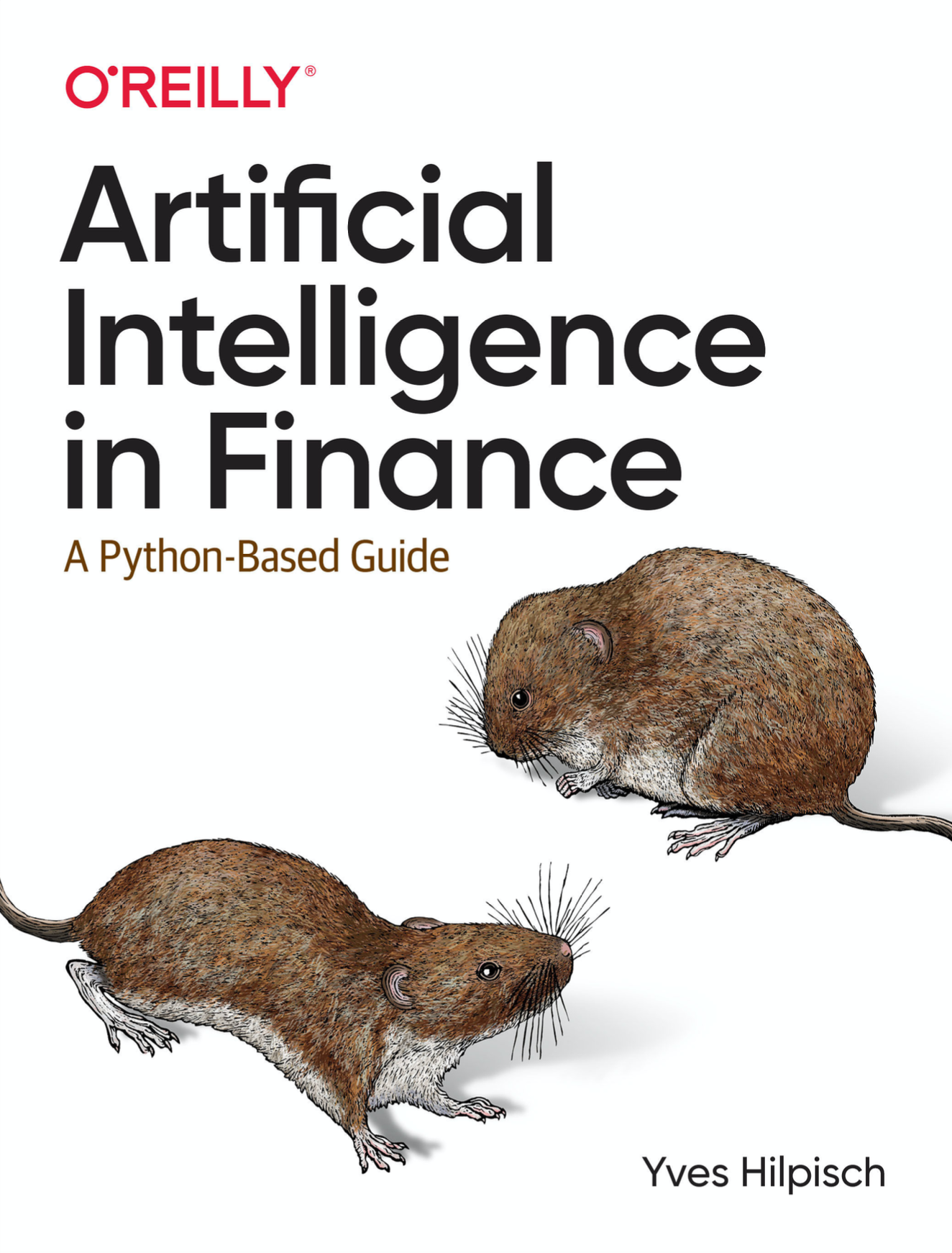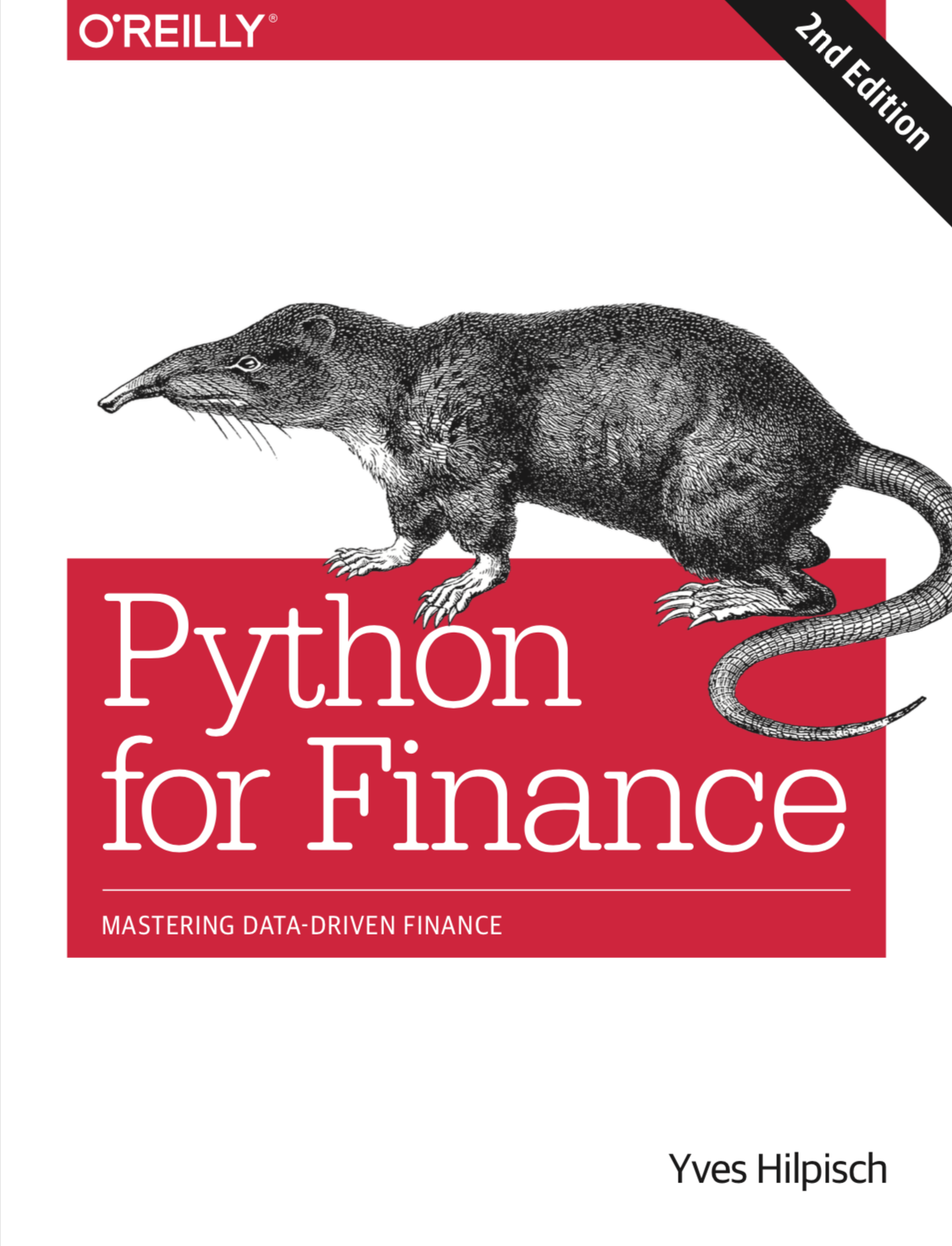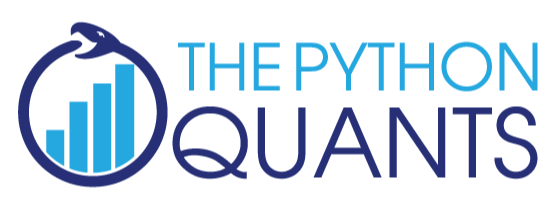|
# |
|
# Example Code for Algorithmic Strategy Deployment |
|
# on Oanda (https://oanda.com) |
|
# |
|
# (c) Dr. Yves J. Hilpisch |
|
# The Python Quants GmbH |
|
# |
|
# The code is for illustration purposes only. No warranties or representations |
|
# to the extent permitted by applicable law. The code does not |
|
# represent investment advice or a recommendation in any regard. |
|
# |
|
|
|
import re |
|
import math |
|
import uuid |
|
import numpy as np |
|
import pandas as pd |
|
from time import sleep |
|
from tpqoa import tpqoa |
|
from retrying import retry |
|
from dateutil import parser |
|
from abc import abstractmethod, ABCMeta |
|
from datetime import timedelta, datetime |
|
from model import Signal, Prediction, signal_queue |
|
|
|
|
|
valid_instruments = ['EUR_USD', 'BCO_USD'] |
|
valid_frequency = ['M1', 'M5', 'M10', 'M30'] |
|
|
|
|
|
def roundup(x, freq): |
|
return int(math.ceil(x / freq)) * freq |
|
|
|
|
|
def round_time(dt=None, date_delta=timedelta(minutes=1), to='average'): |
|
""" |
|
Round a datetime object to a multiple of a timedelta |
|
dt: datetime.datetime object, default now. |
|
dateDelta: timedelta object, we round to a multiple of this, |
|
default 1 minute. |
|
from: http://stackoverflow.com/questions/3463930/how-to-round-the-minute-of-a-datetime-object-python |
|
""" |
|
round_to = date_delta.total_seconds() |
|
|
|
if dt is None: |
|
dt = datetime.utcnow() |
|
seconds = (dt - timedelta(dt.minute)).second |
|
|
|
if to == 'up': |
|
rounding = (seconds + round_to) // round_to * round_to |
|
elif to == 'down': |
|
rounding = seconds // round_to * round_to |
|
else: |
|
rounding = (seconds + round_to / 2) // round_to * round_to |
|
|
|
dt = dt + timedelta(seconds=(rounding - seconds), |
|
microseconds=-dt.microsecond) |
|
return dt |
|
|
|
|
|
class BaseStrategy(metaclass=ABCMeta): |
|
def __init__(self, model_parameters, config): |
|
self.data_source = tpqoa(config) |
|
self.data = pd.DataFrame() |
|
self.live_price_data = pd.DataFrame() |
|
self.model_params = model_parameters |
|
self.n_bars = 120 |
|
self.first_run = True |
|
self.stop_model = False |
|
self.model_id = uuid.uuid4() |
|
self.signal_count = 0 |
|
self.feature_labels = set() |
|
|
|
# Important model params |
|
self.trading_quantity = None |
|
self.instrument = None |
|
self.frequency = None |
|
|
|
self.initialize() |
|
self.validate() |
|
|
|
################################################################## |
|
# PRIVATE METHODS APPLICABLE FOR ALL STRATEGIES |
|
################################################################## |
|
|
|
def _initialize_model_params(self): |
|
model_parameters = self.model_params |
|
for key, value in model_parameters.items(): |
|
setattr(self, key, value) |
|
|
|
@staticmethod |
|
def _get_time_unit_and_duration(freq): |
|
freq = re.findall(r'[A-Za-z]+|\d+', freq) |
|
min_or_sec = freq[0] |
|
duration = int(freq[1]) |
|
return duration, min_or_sec |
|
|
|
@retry(stop_max_attempt_number=7, wait_fixed=5000, wrap_exception=True) |
|
def _get_data(self, instrument, start, end, freq=None, price='M'): |
|
if freq is None: |
|
freq = self.frequency |
|
msg = f"Trying to get data from OANDA for {instrument} {start} {end}" |
|
msg += f" {freq} {price} at {datetime.utcnow()}" |
|
print(msg) |
|
|
|
start = parser.parse(start).strftime("%Y-%m-%d %H:%M:%S") |
|
end = parser.parse(end).strftime("%Y-%m-%d %H:%M:%S") |
|
raw_data = self.data_source.get_history( |
|
instrument, start, end, freq, price) |
|
return raw_data |
|
|
|
@staticmethod |
|
def _sleep_for_signal_gen(duration, signal_date): |
|
current_min = parser.parse(signal_date).minute |
|
current_second = parser.parse(signal_date).second |
|
next_min_level = roundup(current_min, duration) |
|
seconds_to_sleep = (((next_min_level - current_min) * 60) + 1 - |
|
current_second) |
|
if seconds_to_sleep > 0: |
|
print(f'signal gen thread: sleeping for {seconds_to_sleep} seconds') |
|
sleep(seconds_to_sleep) |
|
|
|
@staticmethod |
|
def _sleep_until_next_signal(duration, min_or_sec, signal_date): |
|
time_diff = (parser.parse(signal_date) - |
|
parser.parse(datetime.utcnow().isoformat() + 'Z')) |
|
seconds_diff = time_diff.seconds |
|
microseconds_diff = time_diff.microseconds |
|
|
|
# Sleep till the next min |
|
sleep_duration = duration |
|
if min_or_sec == 'M': |
|
sleep_duration = 60 * duration |
|
if seconds_diff < sleep_duration: |
|
msg = f'signal gen thread: sleeping for ' |
|
msg += f'{seconds_diff + microseconds_diff / 1000000} seconds' |
|
print(msg) |
|
sleep(seconds_diff + microseconds_diff / 1000000) |
|
|
|
def _publish_stop_signal(self): |
|
signal = Signal() |
|
signal.signal_id = uuid.uuid4() |
|
signal.model_id = self.model_id |
|
signal.instrument = self.instrument |
|
signal.prediction = Prediction.STOP |
|
self._publish_signal(signal) |
|
|
|
@staticmethod |
|
def _publish_signal(signal): |
|
print(f'Publishing Signal: {signal.signal_id}') |
|
signal_queue.put(signal) |
|
|
|
def _prepare_predict_data(self, original_signal_date): |
|
predict_data = pd.DataFrame() |
|
predict_data[self.instrument + '_close'] = self.live_price_data['c'] |
|
predict_data[self.instrument + '_open'] = self.live_price_data['o'] |
|
predict_data[self.instrument + '_high'] = self.live_price_data['h'] |
|
predict_data[self.instrument + '_low'] = self.live_price_data['l'] |
|
predict_data[self.instrument + '_volume'] = self.live_price_data['volume'] |
|
predict_data[self.instrument + '_date'] = self.live_price_data['time'] |
|
predict_data[self.instrument + '_return'] = \ |
|
np.log(predict_data[self.instrument + '_close'] / \ |
|
predict_data[self.instrument + '_close'].shift(1)) |
|
predict_data.dropna(inplace=True) |
|
predict_data.set_index(self.instrument + '_date', inplace=True) |
|
predict_data.loc[parser.parse(original_signal_date)] = 100 |
|
return predict_data |
|
|
|
def _get_signal_for_prediction(self, prediction): |
|
signal = Signal() |
|
signal.signal_id = uuid.uuid4() |
|
signal.model_id = self.model_id |
|
signal.instrument = self.instrument |
|
signal.prediction = prediction |
|
signal.quantity = self.trading_quantity |
|
return signal |
|
|
|
################################################################## |
|
# PUBLIC METHODS THAT CAN BE OVERRIDDEN IN THE ACTUAL STRATEGY |
|
################################################################## |
|
|
|
def set_n_bars(self, n_bars): |
|
# Override the number of candles to be fetched from data source. |
|
self.n_bars = n_bars |
|
|
|
def initialize(self): |
|
self._initialize_model_params() |
|
|
|
def validate(self): |
|
instrument = self.model_params['instrument'] |
|
if instrument not in valid_instruments: |
|
exit(f'{instrument} is not a valid/supported instruments') |
|
self.instrument = instrument |
|
|
|
frequency = self.model_params['frequency'] |
|
if frequency not in valid_frequency: |
|
exit(f'{frequency} is not a valid/supported frequency') |
|
self.frequency = frequency |
|
|
|
if 'trading_quantity' not in self.model_params: |
|
exit(f'trading quantity is mandatory') |
|
else: |
|
self.trading_quantity = self.model_params['trading_quantity'] |
|
|
|
if ('n_signals_to_gen' not in self.model_params) \ |
|
and ('stop_time' not in self.model_params): |
|
exit('stop_time or n_signals_to_gen required as exit condition') |
|
|
|
def generate_signal(self): |
|
signal_date = datetime.utcnow().isoformat()[:-7] + 'Z' |
|
duration, min_or_sec = self._get_time_unit_and_duration(self.frequency) |
|
|
|
if self.first_run is True and 'trade_immediately' in self.model_params and \ |
|
self.model_params['trade_immediately'] is True: |
|
self.first_run = False |
|
else: |
|
self.first_run = False |
|
if min_or_sec == 'M': |
|
self._sleep_for_signal_gen(duration, signal_date) |
|
|
|
signal_date = datetime.utcnow().isoformat()[:-7] + 'Z' |
|
|
|
print(f"generating signal now {datetime.utcnow()}") |
|
while True: |
|
try: |
|
self.check_for_stop_condition(signal_date) |
|
if self.stop_model is True: |
|
self._publish_stop_signal() |
|
break |
|
|
|
if min_or_sec == 'M': |
|
signal_date = round_time(parser.parse(signal_date), |
|
date_delta=timedelta(minutes=duration), |
|
to='up').isoformat()[:-6] + 'Z' |
|
signal = self.predict_for_time(signal_date) |
|
self.signal_count += 1 |
|
self._publish_signal(signal) |
|
|
|
if min_or_sec == 'M': |
|
self._sleep_for_signal_gen(duration, signal_date) |
|
sleep(2) |
|
|
|
self._sleep_until_next_signal(duration, min_or_sec, signal_date) |
|
signal_date = datetime.utcnow().isoformat()[:-7] + 'Z' |
|
|
|
except Exception as e: |
|
import traceback |
|
print(f'{traceback.format_exc()}') |
|
|
|
def check_for_stop_condition(self, signal_time): |
|
if 'n_signals_to_gen' in self.model_params: |
|
if self.signal_count >= self.model_params['n_signals_to_gen']: |
|
self.stop_model = True |
|
if 'stop_time' in self.model_params: |
|
stop_time = parser.parse( |
|
parser.parse(self.model_params['stop_time'] |
|
).strftime("%Y-%m-%dT%H:%M:%SZ")) |
|
if stop_time <= signal_time: |
|
self.stop_model = True |
|
|
|
def predict_for_time(self, signal_date=None, is_first_run=False): |
|
original_signal_date = signal_date |
|
signal_date = parser.parse(signal_date) |
|
|
|
# * 3 is to avoid the lags being NaN |
|
time_periods_to_populate = self.n_bars |
|
|
|
start = self.get_starting_time(signal_date, time_periods_to_populate) |
|
|
|
raw_data = self._get_data(self.instrument, |
|
start.strftime("%Y-%m-%dT%H:%M:%SZ"), |
|
datetime.utcnow().strftime("%Y-%m-%dT%H:%M:%SZ"), |
|
freq=self.frequency, price='M') |
|
raw_data_len = len(raw_data) |
|
time_diff = (signal_date - start).seconds / 60 |
|
duration, min_or_sec = self._get_time_unit_and_duration(self.frequency) |
|
|
|
retry_count = 0 |
|
while raw_data_len < time_diff / duration: |
|
sleep(2) |
|
if retry_count > 6: |
|
print("Expected candles are {} got {}; stopping model.".format( |
|
str(int(time_diff / duration)), str(raw_data_len))) |
|
self.stop_model = True |
|
break |
|
raw_data = self._get_data(self.instrument, |
|
start.strftime("%Y-%m-%dT%H:%M:%SZ"), |
|
datetime.utcnow().strftime("%Y-%m-%dT%H:%M:%SZ"), |
|
freq=self.frequency, price='M') |
|
raw_data_len = len(raw_data) |
|
retry_count += 1 |
|
print("Expected candles are {} got {}.".format( |
|
str(int(time_diff / duration)), str(raw_data_len))) |
|
|
|
if self.stop_model is True: |
|
return |
|
|
|
raw_data.dropna(inplace=True) |
|
self.live_price_data = raw_data.reset_index() |
|
|
|
predict_data = self._prepare_predict_data(original_signal_date) |
|
self.custom_data_preparation(predict_data, False) |
|
|
|
prediction = self.on_signal(predict_data, signal_date) |
|
signal = self._get_signal_for_prediction(prediction) |
|
|
|
return signal |
|
|
|
def get_starting_time(self, signal_date, delta): |
|
duration, min_or_sec = self._get_time_unit_and_duration(self.frequency) |
|
if 'D' in self.frequency: |
|
return_date = signal_date - timedelta(days=delta * duration) |
|
elif 'M' in self.frequency: |
|
return_date = signal_date - timedelta(minutes=delta * duration) |
|
elif 'S' in self.frequency: |
|
return_date = signal_date - timedelta(seconds=delta * duration * 2) |
|
else: |
|
raise Exception(self.frequency + ' is not supported') |
|
|
|
return return_date |
|
|
|
|
|
@abstractmethod |
|
def custom_data_preparation(self, data, is_train_date): |
|
pass |
|
|
|
@abstractmethod |
|
def on_signal(self, predicted_data, signal_date): |
|
pass |
|
|
|
|




